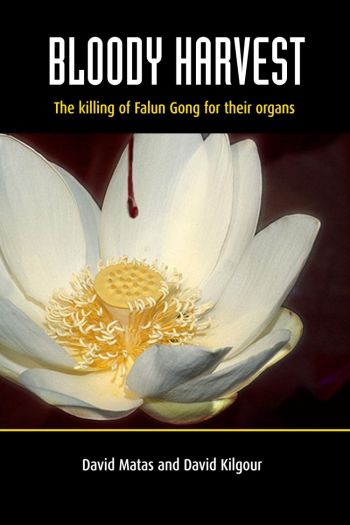China, world’s worst jailer of journalists for 10 consecutive years: CPJ
Posted by Author on December 5, 2008
Committee to Protect Journalists, December 4, 2008-
New York, December 4, 2008— Reflecting the rising influence of online reporting and commentary, more Internet journalists are jailed worldwide today than journalists working in any other medium. In its annual census of imprisoned journalists, released today, the Committee to Protect Journalists found that 45 percent of all media workers jailed worldwide are bloggers, Web-based reporters, or online editors. Online journalists represent the largest professional category for the first time in CPJ’s prison census.
CPJ’s survey found 125 journalists in all behind bars on December 1, a decrease of two from the 2007 tally. (Read detailed accounts of each imprisoned journalist.) China continued to be world’s worst jailer of journalists, a dishonor it has held for 10 consecutive years. Cuba, Burma, Eritrea, and Uzbekistan round out the top five jailers from among the 29 nations that imprison journalists. Each of the top five nations has persistently placed among the world’s worst in detaining journalists.
At least 56 online journalists are jailed worldwide, according to CPJ’s census, a tally that surpasses the number of print journalists for the first time. The number of imprisoned online journalists has steadily increased since CPJ recorded the first jailed Internet writer in its 1997 census. Print reporters, editors, and photographers make up the next largest professional category, with 53 cases in 2008. Television and radio journalists and documentary filmmakers constitute the rest.
“Online journalism has changed the media landscape and the way we communicate with each other,” said CPJ Executive Director Joel Simon. “But the power and influence of this new generation of online journalists has captured the attention of repressive governments around the world, and they have accelerated their counterattack.”
In October, CPJ joined with Internet companies, investors, and human rights groups to combat government repression of online expression. After two years of negotiations, this diverse group announced the creation of the Global Network Initiative, which establishes guidelines enabling Internet and telecommunications companies to protect free expression and privacy online. Yahoo, Google, and Microsoft have joined the initiative.
Illustrating the evolving media landscape, the increase in online-related jailings has been accompanied by a rise in imprisonments of freelance journalists. Forty-five of the journalists on CPJ’s census are freelancers; most of them work online. These freelancers are not employees of media companies and often do not have the legal resources or political connections that might help them gain their freedom. The number of imprisoned freelancers has risen more than 40 percent in the last two years, according to CPJ research.
“The image of the solitary blogger working at home in pajamas may be appealing, but when the knock comes on the door they are alone and vulnerable,” said CPJ’s Simon. “All of us must stand up for their rights–from Internet companies to journalists and press freedom groups. The future of journalism is online and we are now in a battle with the enemies of press freedom who are using imprisonment to define the limits of public discourse.”
Antistate allegations such as subversion, divulging state secrets, and acting against national interests are the most common charge used to imprison journalists worldwide, CPJ found. About 59 percent of journalists in the census are jailed under these charges, many of them by the Chinese and Cuban governments.
About 13 percent of jailed journalists face no formal charge at all. The tactic is used by countries as diverse as Eritrea, Israel, Iran, the United States, and Uzbekistan, where journalists are being held in open-ended detentions without due process. At least 16 journalists worldwide are being held in secret locations. Among them is Gambian journalist “Chief” Ebrima Manneh, whose whereabouts, legal status, and health have been kept secret since his arrest in July 2006. From the U.S. Senate to the West African human rights court, international observers have called on authorities to free Manneh, who was jailed for trying to publish a critical report about Gambian President Yahya Jammeh.
Nowhere is the ascendance of Internet journalism more evident than in China, where 24 of 28 jailed journalists worked online. China’s prison list includes Hu Jia, a prominent human rights activist and blogger, who is serving a prison term of three and a half years for online commentaries and media interviews in which he criticized the Communist Party. He was convicted of “incitement to subvert state power,” a charge commonly used by authorities in China to jail critical writers. At least 22 journalists are jailed in China on this and other vague antistate charges……. (more details from CPJ report: CPJ’s 2008 prison census: Online and in jail)
Sorry, the comment form is closed at this time.





